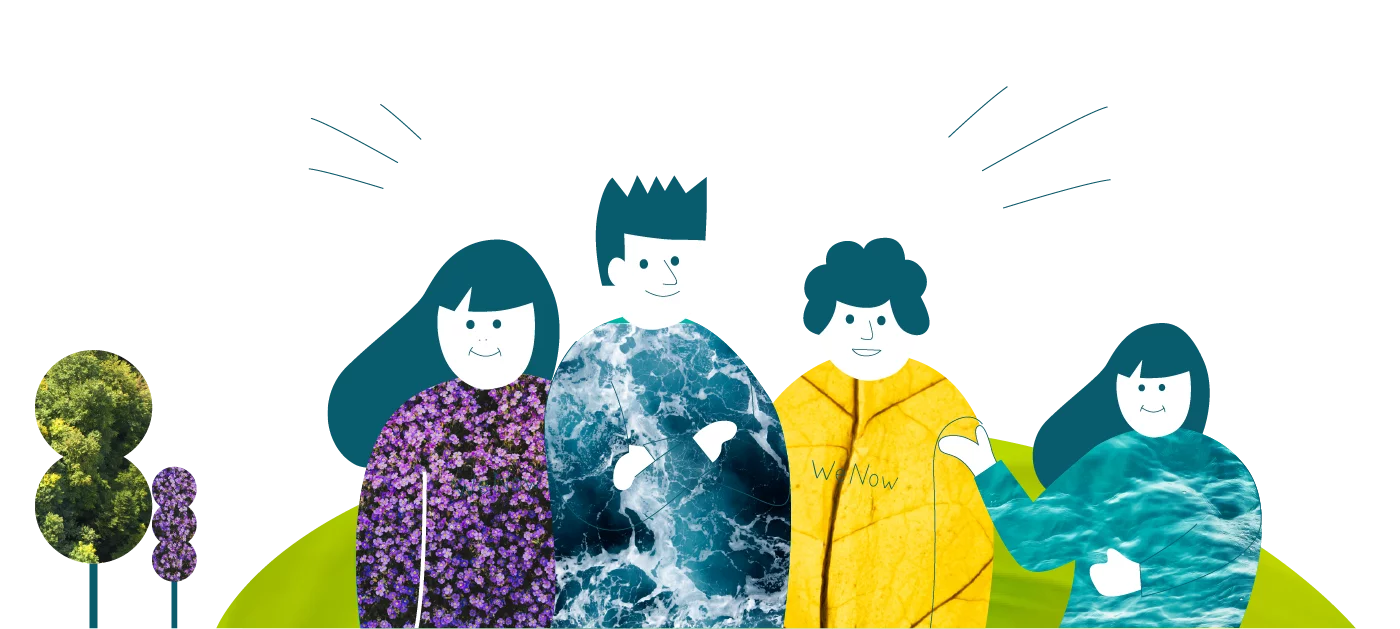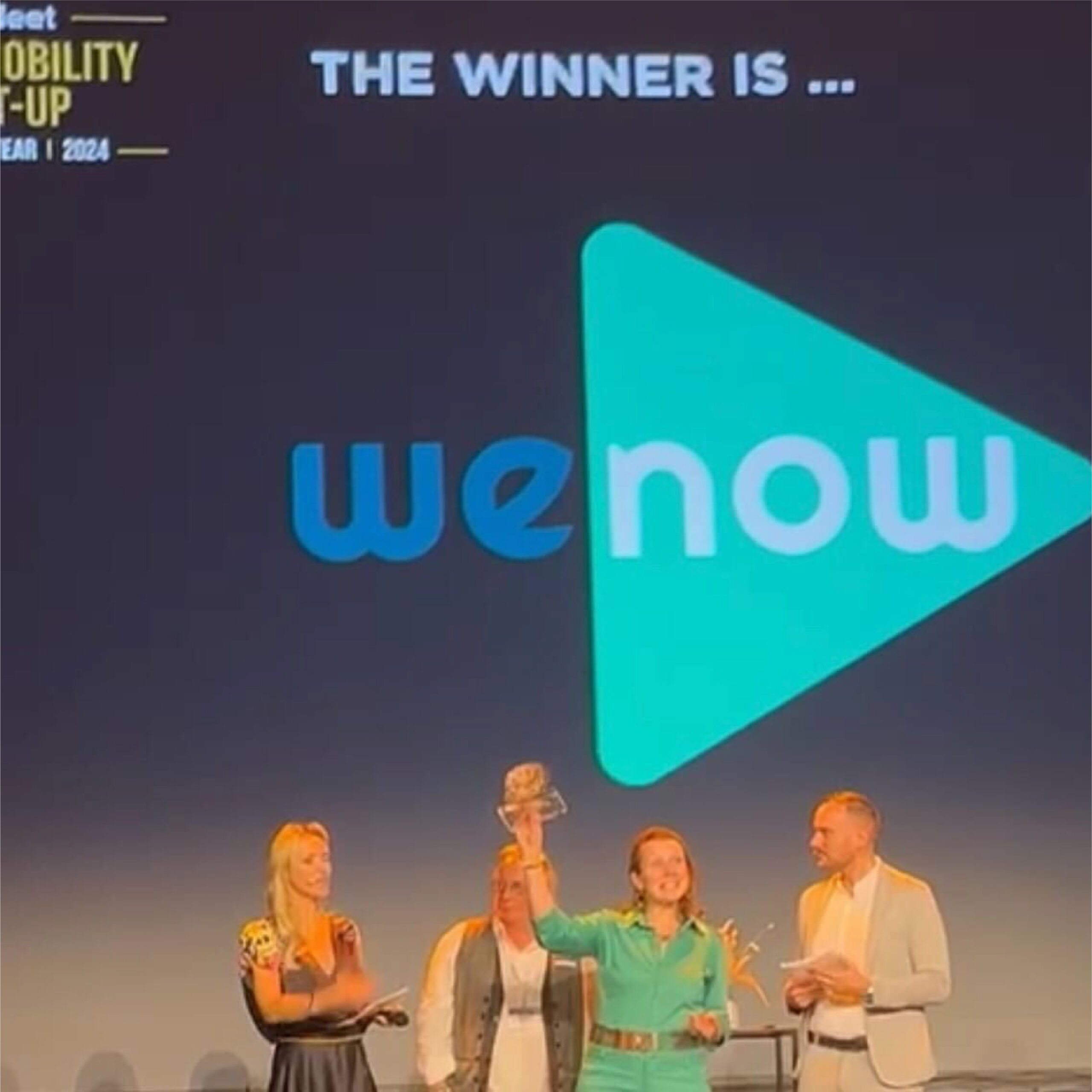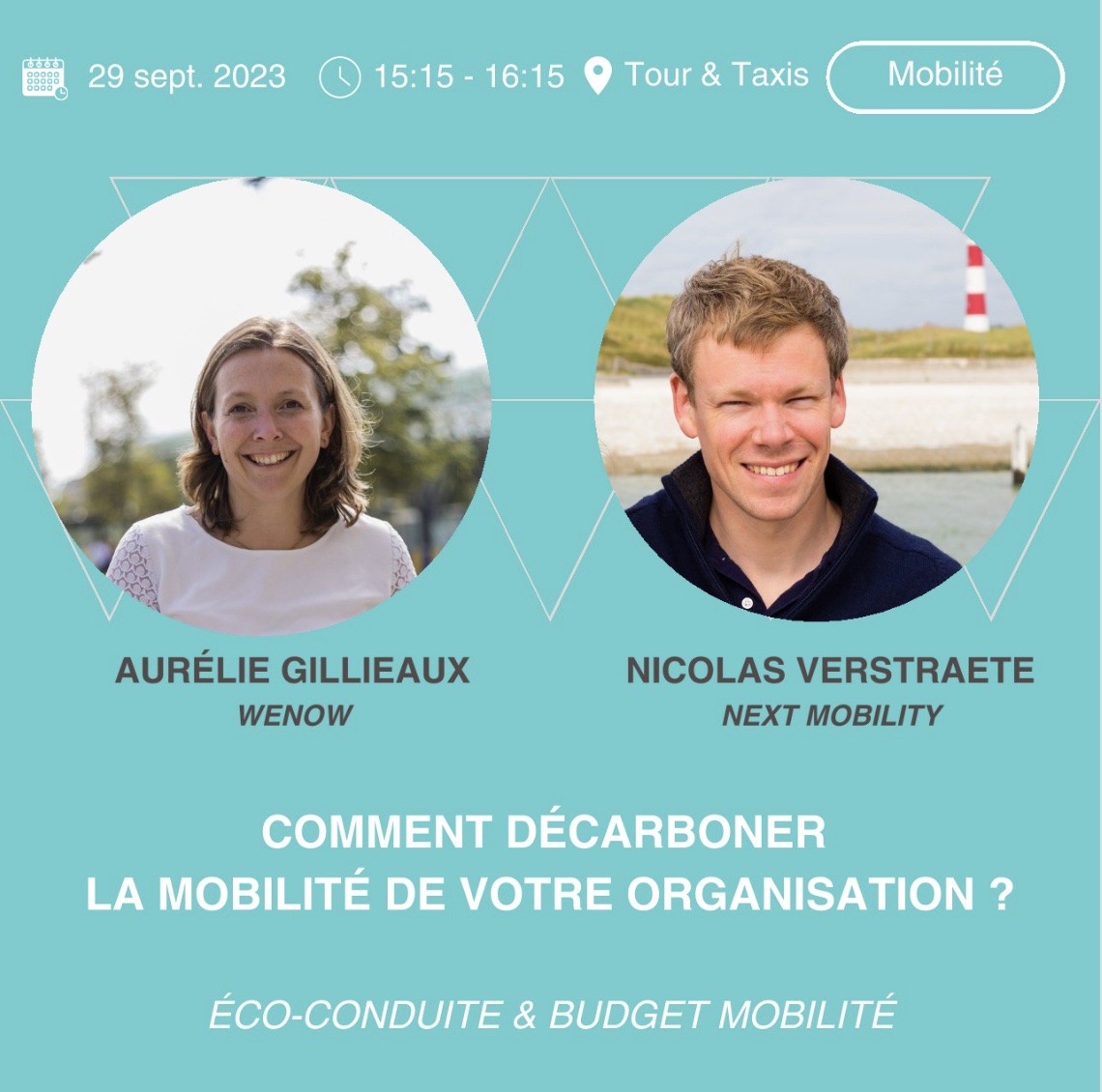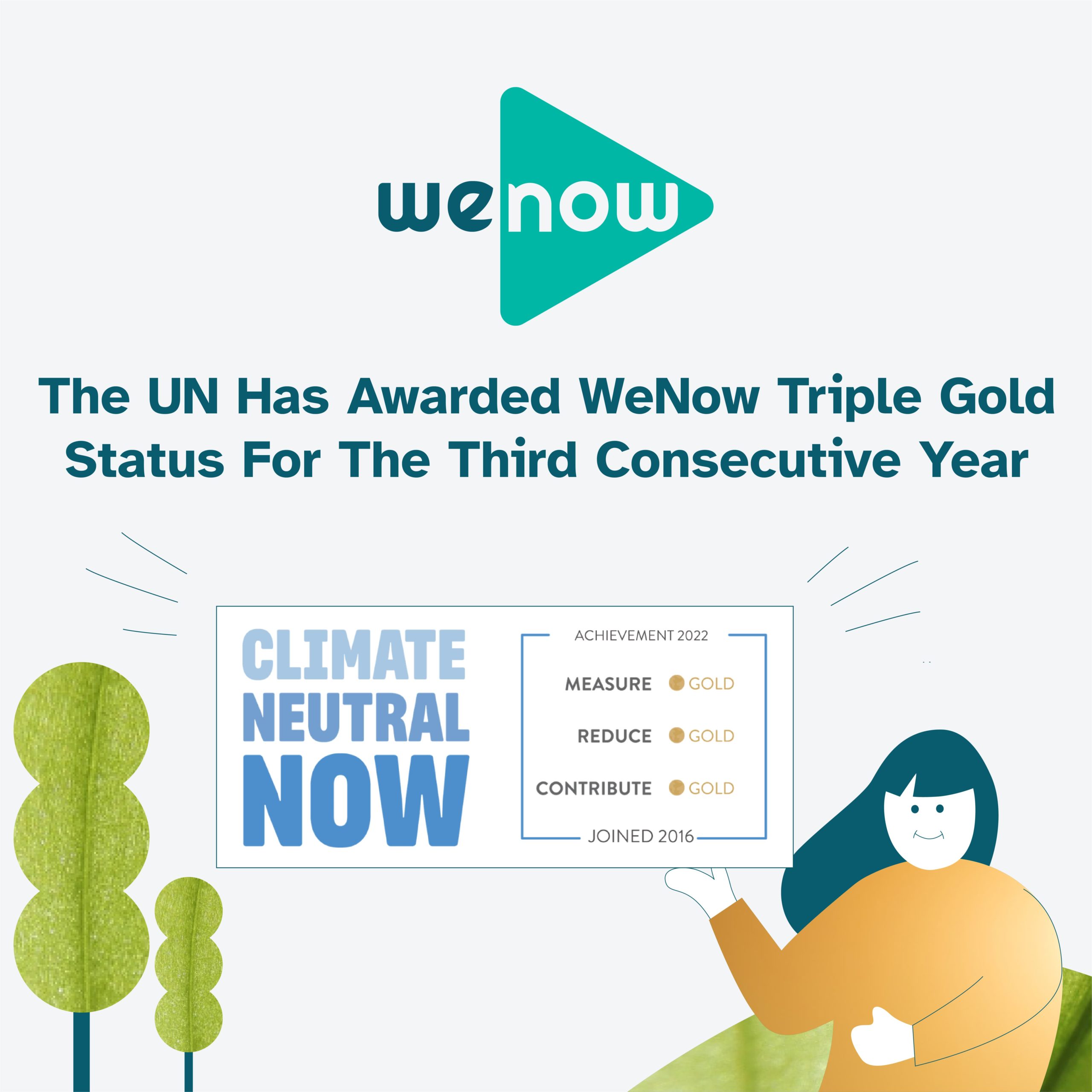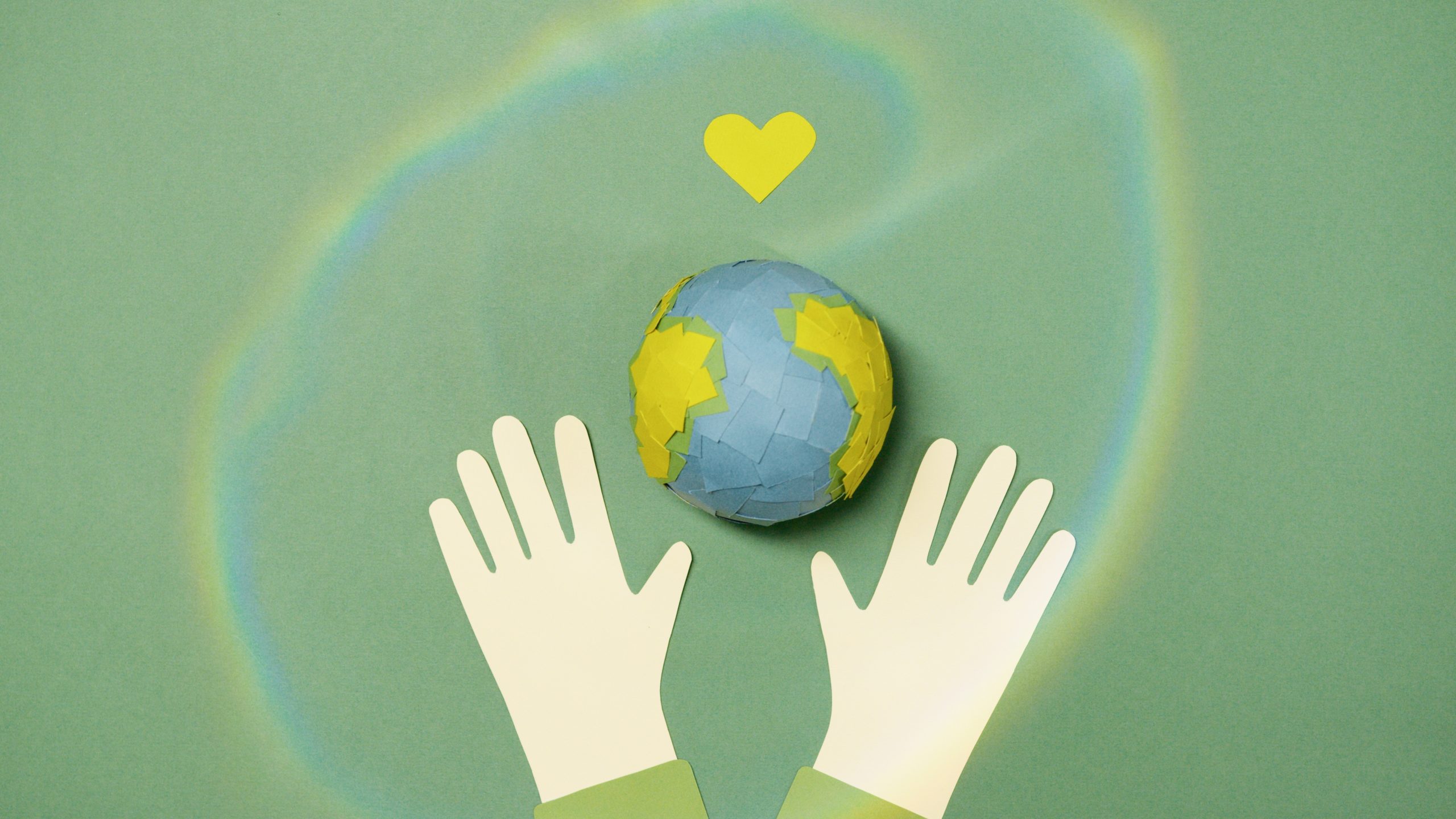

They’ve hit a milestone: 1 million people have now taken part in the Climate Fresk🎉.
That’s an incredible success, one that shows how climate is assuming an increasingly important role in businesses. And it’s genuinely encouraging 🤩.
So what exactly is the Climate Fresk? It’s a facilitated three-hour workshop for about a dozen people. In the workshop’s first half, the facilitator helps attendees draw links between the causes and consequences of global warming. It’s generally a real eye-opener that dampens the mood somewhat. In the second half of the workshop, participants are invited to develop solutions on their own scale.
The Fresk isn’t enough
People who’ve taken part in the Climate Fresk often say it was like an electric shock. But they also generally say they didn’t make many changes in their life afterwards.
Surprising, isn’t it?
Educating people is not enough to spark action.
In fact, if you look at findings from behavioural science, it’s not very surprising.
For example, although we all know smoking kills, people still smoke 🤪. And we all know you can gain weight and develop cavities by eating candy… but we eat it anyway.
👉 Simply knowing that there are negative consequences does not lead to a change in behaviour.
One reason is that we find it difficult to account for future risks. We can easily see what risks we run in the short term, but we can’t easily take into account how we might suffer in the future from the risks we take today.
Another reason is that it’s never easy to change our habits.
So to justify our decisions and reduce our cognitive dissonance, we tell ourselves that lung cancer only happens to other people (optimism bias). Or that someone will have found a solution by 2030. Or that there’s no point in taking action if politicians aren’t doing anything about it. Or it may simply cause us so much fear that we prefer not to think about it (the famous ostrich technique).
Informing people about climate change does not tell them how to take action
There’s another reason why simply raising awareness is not enough to drive people to action: even if we understand the problem of global warming, we don’t know how we should act in response.
When we look at all the challenges facing the world or our own country, we don’t really know what we can do at our own level.
A study conducted by the Fondation Descartes in 2022 found that the majority of people in France are aware of climate change. But respondents criticised the media for not showing more solutions or describing how they can take action in response.
Instilling fear doesn’t prompt people to take action
Devoting several hours to talking solely about climate change and its various consequences often makes people NOT want to take action!
Why? Psychologists have shown that when people sense a threat, they adopt strategies for controlling their fear (e.g., they minimise the danger or question the credibility of the source), and that diminishes the impact of the campaign to educate them.
So what do we need to do?
We’re not suggesting that we should stop raising people’s awareness. As we said in the introduction, that educational process has enormous value: it puts the climate issue on the company’s agenda, at every level of the organisation.
The problem comes when raising awareness is all you do.
20% education, 80% action
At WeNow, we believe you have to devote more time and energy to showcasing solutions than to raising awareness.
How can you provide employees with concrete actions to take when just three or four people at the company (in strategy, operations, purchasing, etc.) make the decisions that will account for the bulk of the company’s carbon footprint?
WeNow has identified a host of steps people can take at their company on a day-to-day basis. Individually, those steps don’t make a big difference, but ultimately they can change the corporate culture.
So we develop training programmes that are 20% awareness-raising and 80% calls to action 💪 !
A positive message
A video called Demain [Tomorrow] has done much more for the climate than any number of activist campaigns. Why? It shows concrete solutions that give hope!
That’s our motto at WeNow as well. We want to showcase a desirable future. In each training module, we show employees the benefits they will reap from changes they make on behalf of the climate:
👉 less stress by managing their emailbox more efficiently;
👉 better health by biking to work once a week;
👉 more efficiency by taking the train over a plane, and more.
Our expertise at WeNow is making climate action accessible to every employee, and it truly goes hand in hand with the Climate Fresk.
If you’d like to learn more, feel free to contact Cédric, Sébastien or Diane..
Find out more
Are you interested in this article and would like to find out more? We suggest you listen to the following podcasts: (in French only)
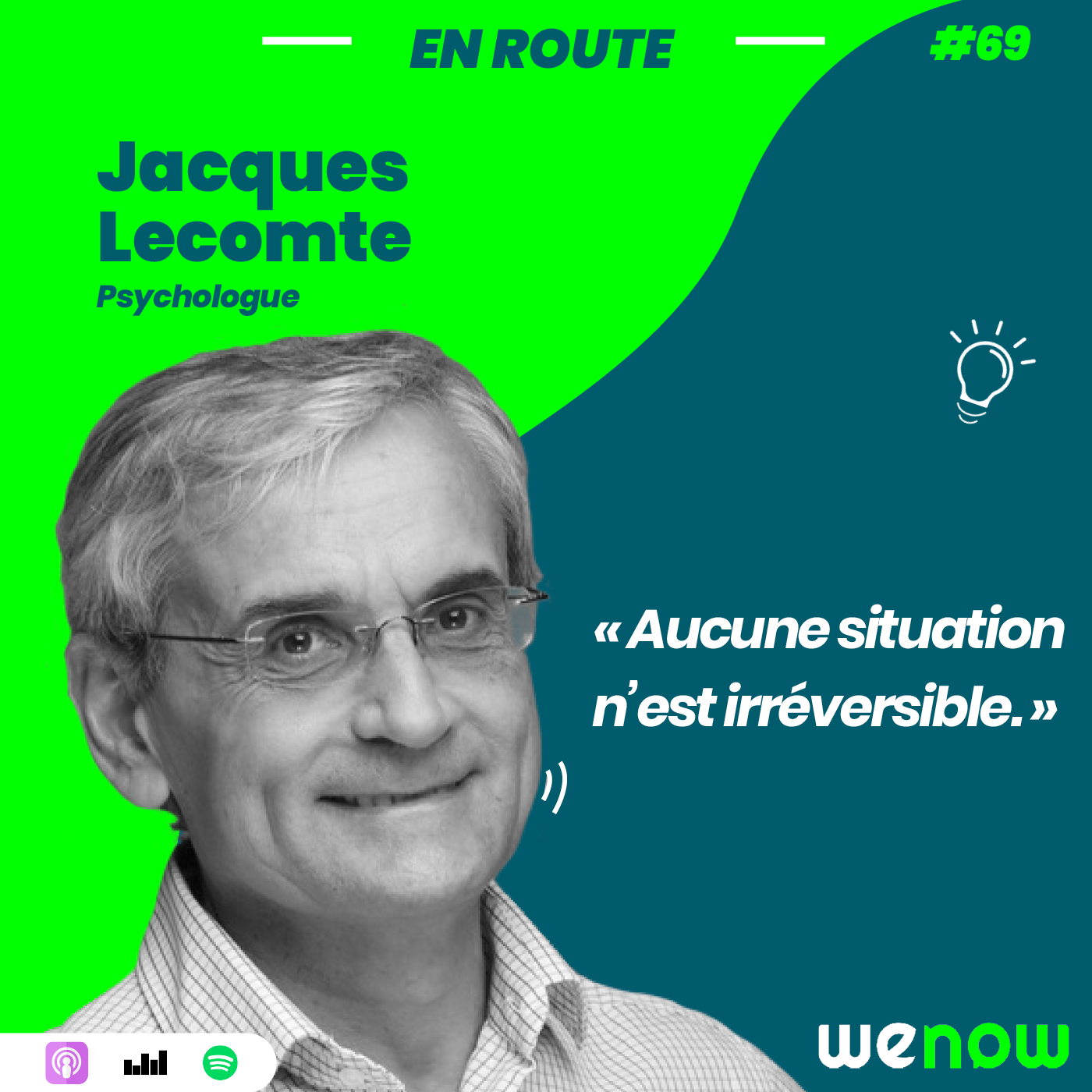
“No situation is irreversible.
Jacques Lecomte explains that scaremongering for the climate doesn’t necessarily lead to action. Listen to the podcast
Jacques Lecomtedocteur en psychologie
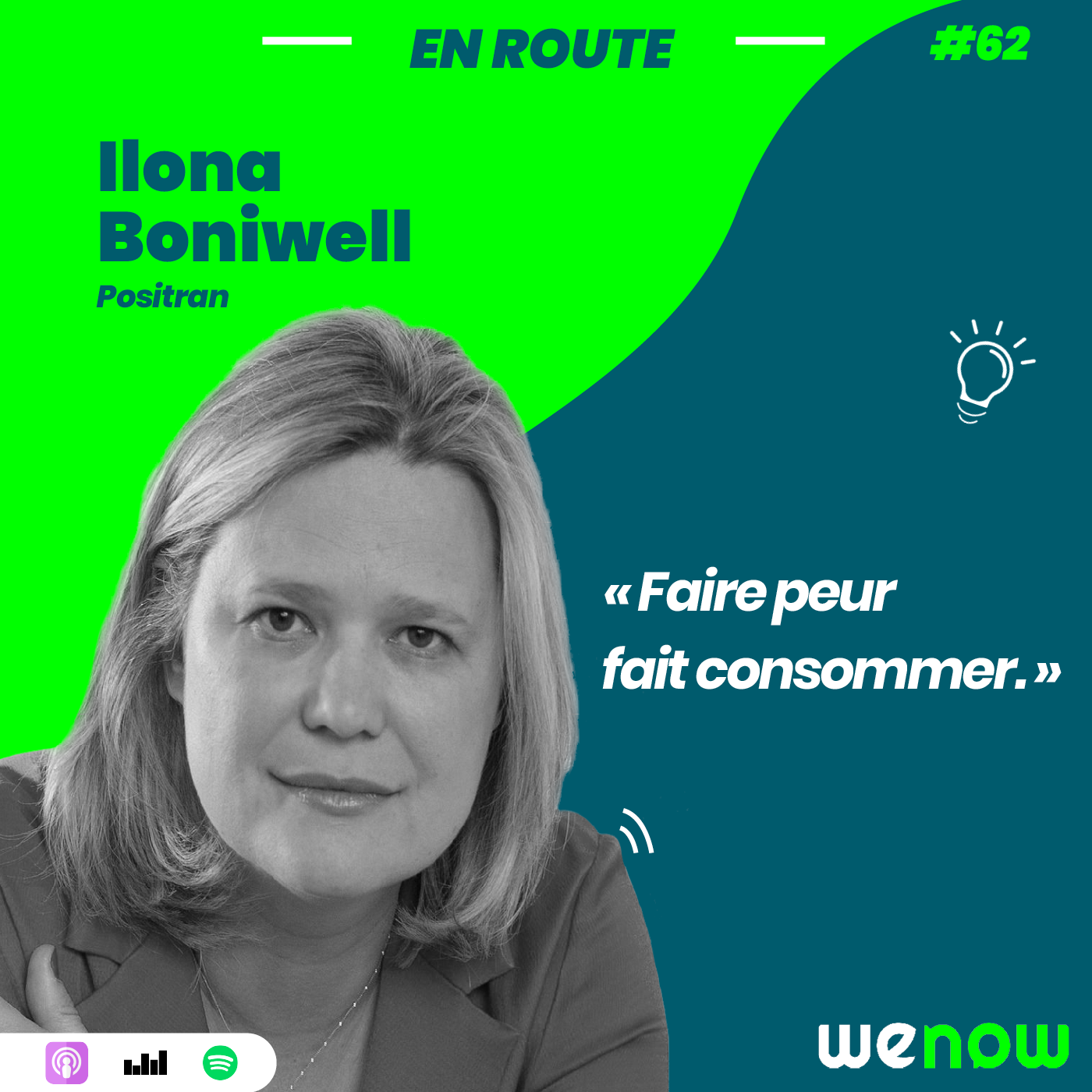
“Scaring people makes them consume.”
Ilona Boniwell explains the surprising effects of fear on action. Listen to the podcast
Ilona Boniwelldocteure en psychologie positive
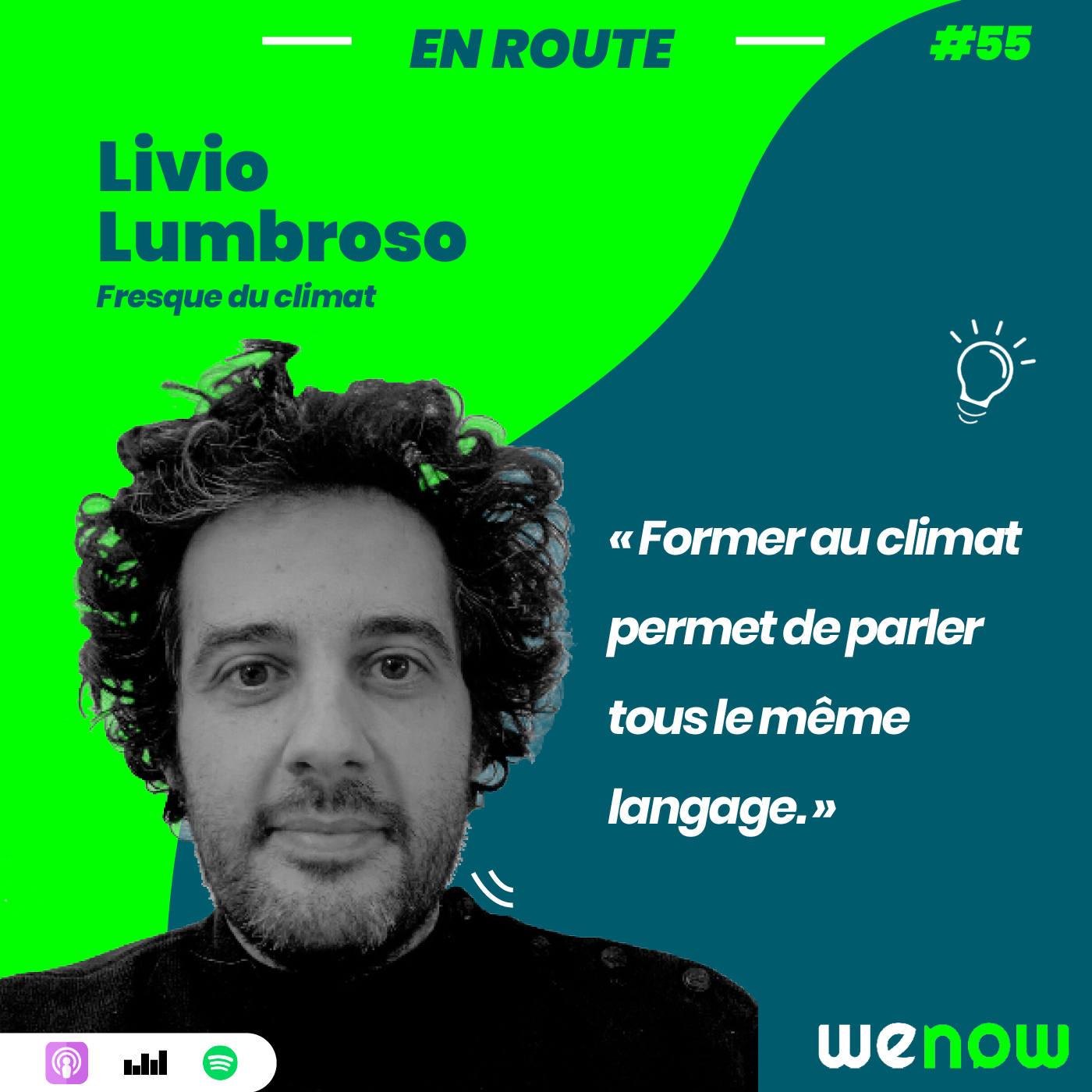
“Climate training means we can all speak the same language.
Livio explains that raising awareness at least allows us all to speak the same language. Listen to the podcast
Livio LumbrosoLa Fresque du Climat
Our other content
Article
The UN Has Awarded WeNow Triple Gold Status For The Third Consecutive Year
“I’d like to personally congratulate you on your company’s results: you’ve been awarded the triple gold label for the 3rd year running!”
You have successfully subscribed to the WeNow newsletter!
Thank you for subscribing to our newsletter! You are now subscribed to our regular updates on our products, special offers and events. You will never miss the latest news from Wenow again. Thanks for your confidence and see you soon !
Return to site